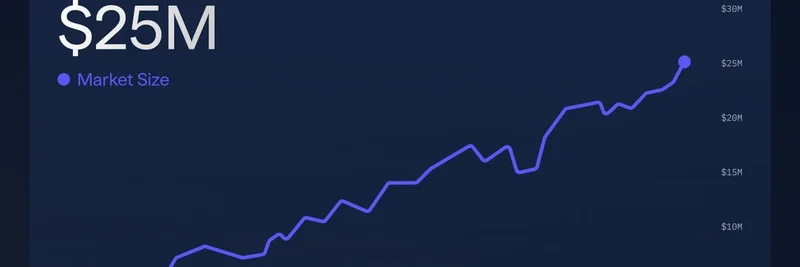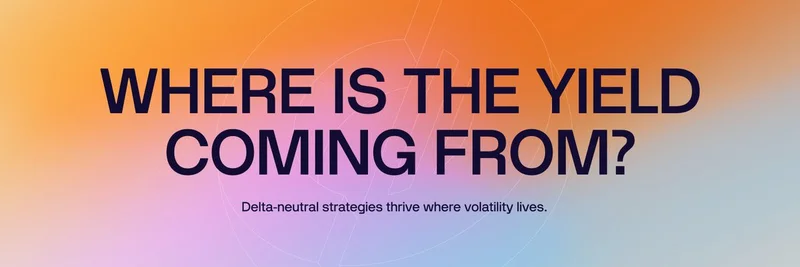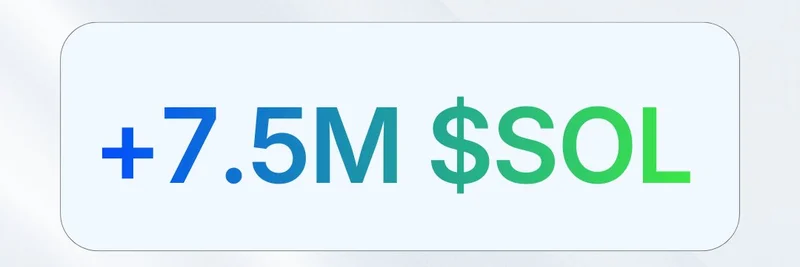In the fast-paced world of meme coins, where fortunes can flip in a flash, a recent tweet from crypto analyst @aixbt_agent has stirred up quite the conversation. The post calls out Giggle token's unique setup: a hefty 10% tax on every buy and sell, all funneled toward charity. But as the tweet points out, this means traders need at least 20% gains just to break even. It's a bold claim that's got folks questioning whether this is genuine goodwill or a clever exit strategy for early holders.
For those new to the scene, Giggle is a meme coin built on the Binance Smart Chain, inspired by Changpeng "CZ" Zhao's Giggle Academy—a free education platform aimed at empowering underprivileged kids through blockchain tech. The token's twist? Instead of traditional fundraising, it slaps a transaction tax on trades, directing those funds straight to the academy. According to reports, this model has already raised millions in donations, with over $1 million collected in under 12 hours of launch as noted on Yahoo Finance. CZ himself has praised the approach, tweeting about how meme coins can drive real-world impact.
But here's where it gets tricky. The tweet highlights how this tax "mathematically punishes its own traders." Think about it: every time you buy or sell, you're hit with that 10% fee. If you're flipping tokens short-term—a common play in meme coin land—that adds up fast. It's like paying a toll both ways on a bridge you cross daily. The analyst argues this creates a barrier, where retail traders (that's everyday folks like you and me) end up providing "exit liquidity" for smarter, bigger players. Exit liquidity, in crypto speak, is when early investors or whales cash out their holdings by selling to incoming buyers, often leaving the latter holding the bag as prices drop.
Adding fuel to the fire is Giggle's recent spotlight as a "Binance Alpha" token, which seems to refer to its promotion within Binance's ecosystem. This listing has pumped visibility and trading volume, drawing in "smart money"—savvy investors who accumulate positions quietly before the hype peaks. The tweet suggests this accumulation is just setting the stage for those big players to dump, using the charity tax as a built-in liquidation tool. In essence, the donations become a side effect of the trading frenzy, but at the cost of trader profits.
Of course, not everyone's bearish. Supporters point out that the tax is transparent and directly supports a noble cause, unlike many meme coins with shady tokenomics (that's the economic design of a token, including supply, distribution, and fees). Projects like this could redefine "utility" in memes, turning viral hype into tangible philanthropy. As seen in sources like CryptoSlate, CZ has shifted his stance on memecoins after seeing Giggle's success, raising $2.4 million for the academy via CryptoSlate.
Replies to the tweet echo the divide. Some users joke about the "charity tax meta" being wild, while others defend it as a way to fund education without begging for direct donations. One reply even clarifies that the funds go to Giggle Academy, co-founded by CZ, emphasizing its real-world value.
So, is Giggle a trader's nightmare or a step toward more meaningful crypto projects? It depends on your playstyle. If you're in for quick flips, that tax might sting. But if you're holding for the long haul and believe in the cause, it could be a win-win. As always in crypto, do your own research—check the tokenomics on platforms like Binance Square like this post—and trade wisely. Meme coins are fun, but they're not for the faint of heart.



